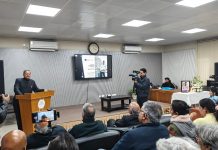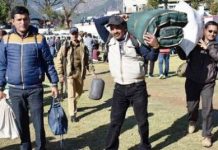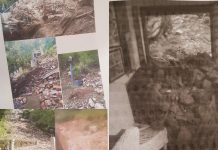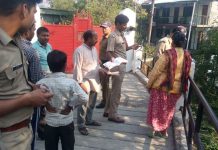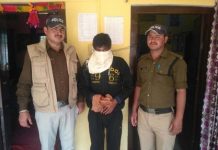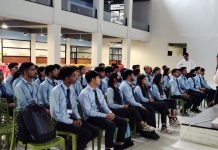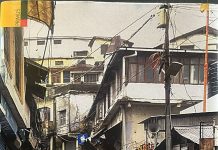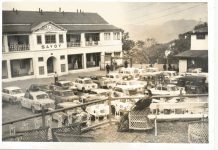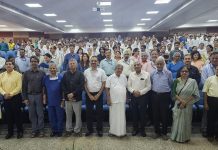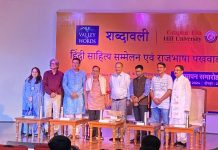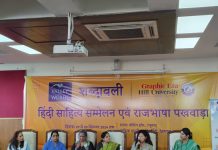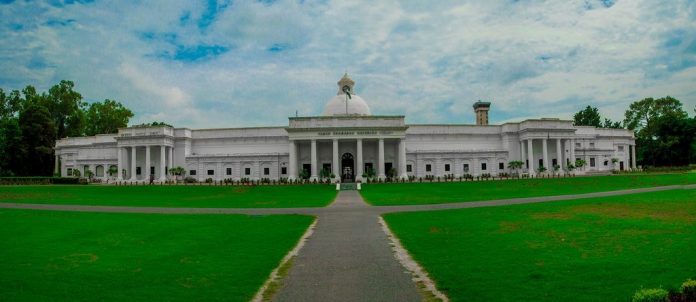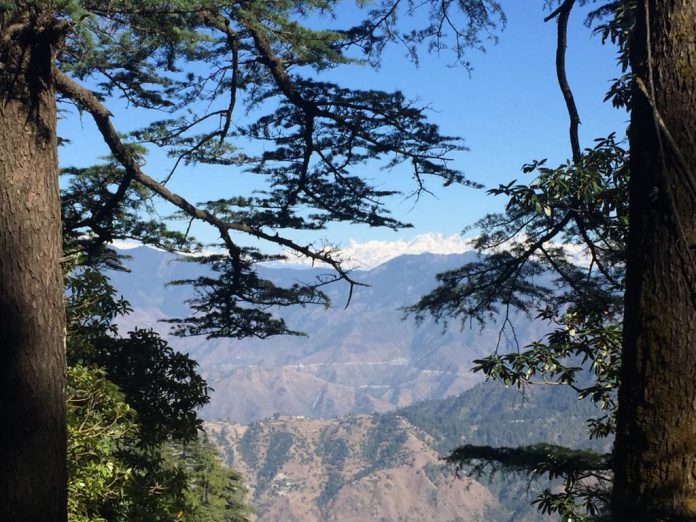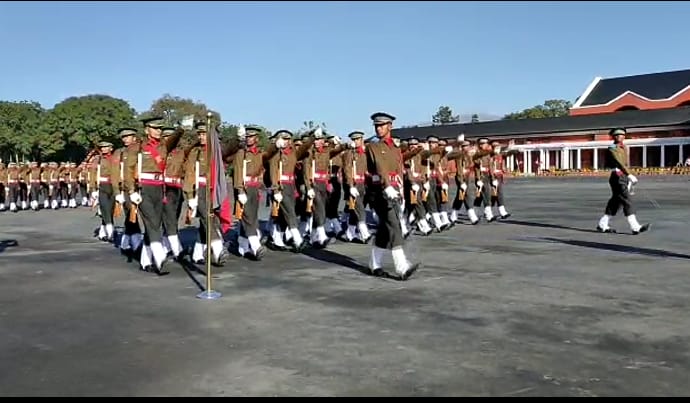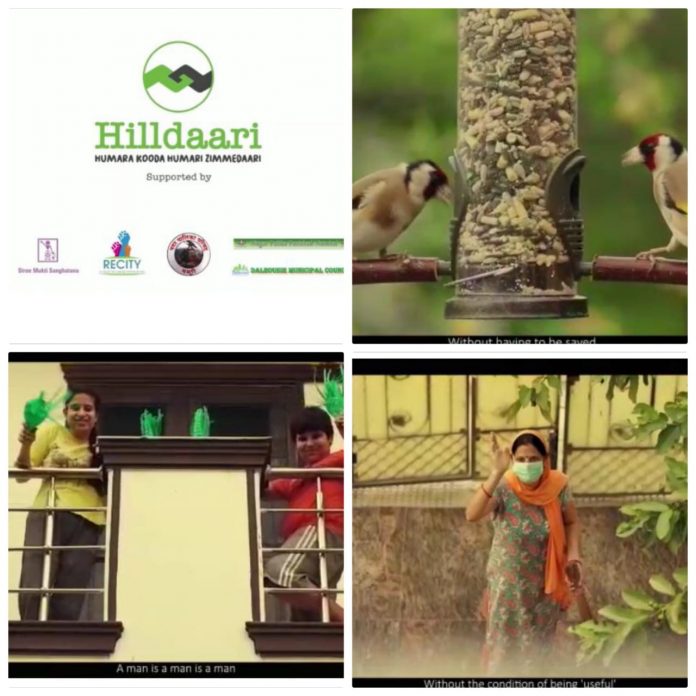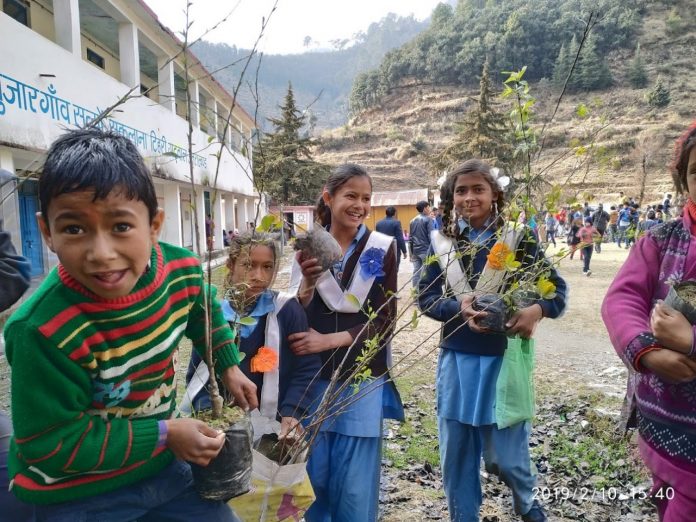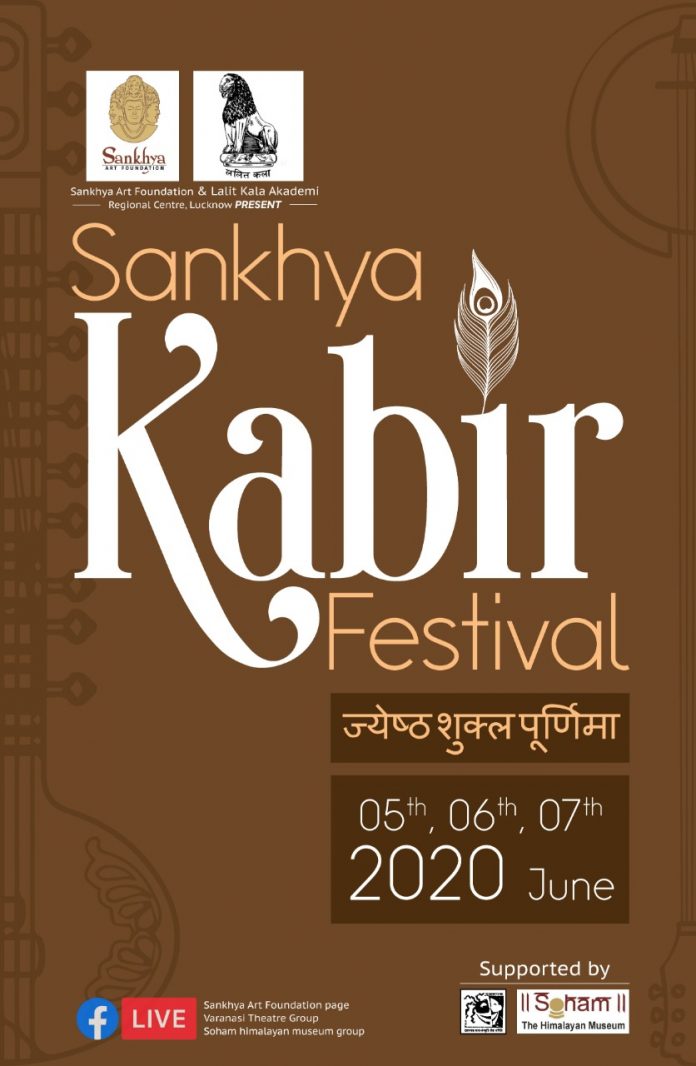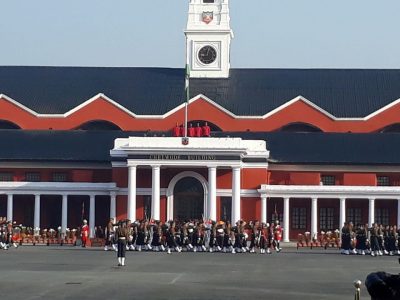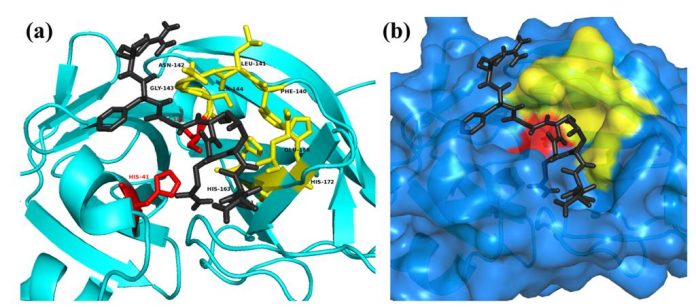New Delhi: To have a capable and strong citizenry to run the country, it would be a welcome move that every citizen must have the attributes and qualities of a soldier who guard the nation. One who is physically fit, motivated with right qualities of leadership and managerial traits knowing not only how to defend but also run his country. This can be achieved in a unified and systematic manner if compulsory military training is imparted to the youth.
Each and every soldier contributes towards building a democratic infrastructure of the state. Unfortunately we have conditioned our minds to think that a uniformed soldier is a complete opposite of what is required to support a democratic machine, without knowing that it is through his sacrifices of liberties and rights that the nation is safe and strengthened.
Besides the above how many in Civil and Corporate Sector realize that all the principles of management practiced by the industrial world have been taken from the armed forces, making its personnel the natural practitioner of these principles.
In the late sixties when National Cadet Corp was compulsory for school and colleges, NCC cadets contributed effectively during the 1962 and 1965 wars. Escorts to military logistic trains, convoys of civil truck carrying military equipment, escorting refugee columns as a support to local police and administration, was carried out by NCC cadets. Why this practice got diluted, makes for interesting study.
Suggestions for National and State Level Organizational Structure:
The core of this should be strengthened and up-graded version of NCC, renamed as NATIONAL MILITARY PREPARATORY CORP or NMPC.
NMPC could be a regular source of supply of abled-youth if he/she wants to pursue the armed forces, or be a first grade citizen trained for nation building. Headed by a Lt. Gen rank Officer from the three services, and be placed under Integrated Defence Staff, the state level NMPC could be headed by a Maj. Gen or Equivalent Rank Officer controlling the district levels areas through NMPC Battalions and Squadrons, with aid and assistance from Army, Air and Naval Bases.
The three services would be allotted extra funds by increasing the annual budget to meet necessary increase in extra logistics etc. The officers could be from the three services along with BSF, ITBP on deputation or ERE.
Before we move on to the syllabus, it should be appreciated that compulsory military training would hold good if the student has a fair understanding of national security, meaning of the term, role of the armed forces, military and national industrial capability, dependence of military development on national industry, handling and management of situations of disaster study development and requirement of modern weapon system.
This special subject must be started in class 8th and carry on until college. A team of service officers, UGC and the Ministry of Education can jointly work out the syllabus. The physical military ground, sea and air training could be the responsibility of the service groups, exposing them to weaponry and technology.
Other than basic military subject, the training syllabus must include military studies, the aspects of internal security, threats, joint-operations along with Indigenization of Defence and other industries. All these subjects could start from basics pitched according to the understanding at their age and stage.
No political leanings:
No cadet of NMPC would be allowed to be part of any political activity.
Camps:
Camps could be conducted at the State level utilizing help from the service formations. But for class XII and college students the camp could be at a common place, something which will require more in depth study.
The defence budget must be suitably upgraded. The Ministry for Education, UGC and State governments must be asked to contribute monetarily, logistically and through manpower.
Induction into the Three Service:
It is most logical to think that once a cadet has completed the training he or she would like to serve the nation as an Officer in any of the three services along with the Coast Guard. Successful cadets after clearing an interview could be granted 3 to 5 years service in the Officers Rank, as was recently suggested by the Chief of the Army staff Gen Narvane.
For other ranks, candidates who could not make it to the selection of the NMPC should be given 5-year service in the ranks (an aspect that can be further fine tuned).
The question of absorption of these personnel into the services after 3 to 5 years will have to be worked out but one thing is certain that this vast reservoir of capable national manpower would not only become the second line of defence, but would also contribute towards nation building, proper governance, law and order, regional security and protection of vital areas, rural development programs, up gradation of environmental health and cleanliness and disaster management.
In the longer run the organisation of Civil Defence/Home guards could become a part of this process to give it added value.
India has a vast reservoir of youth eager to play their part in the upliftment of their Nation. The earlier we tap this opportunity, the better it would be for a promising future.


